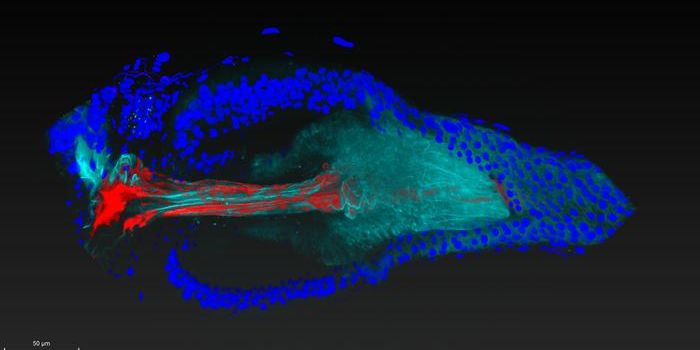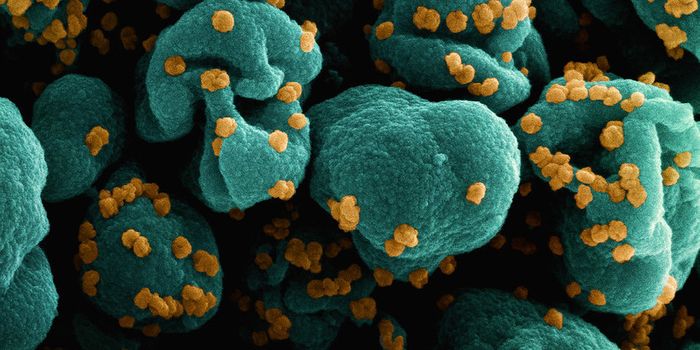Malaria Parasite Seems to be Evolving to Evade Diagnostic Tests
When health officials are trying to control a disease outbreak, diagnostic tests can be a crucial tool that provides information about the spread of infection, and might help them to reduce or prevent further infections. The results that those tests provide have to be reliable, however, to make such an effort successful. Scientists are becoming concerned about the efficacy of diagnostic tests that are used in Ethiopia to identify the parasite Plasmodium falciparum, which causes malaria. When scientists retested blood samples from 12,000 people, they found that almost ten percent of cases may now be missed by these tests. Reporting in Nature Microbiology, it seems that many of these parasites now carries two genetic mutations that enable it to avoid detection.
"This is a serious problem for malaria control efforts and a reminder that pathogens are very capable of adapting to survive," said senior study author Jonathan B. Parr, M.D., assistant professor in the division of infectious diseases at the University of North Carolina School of Medicine. "Surveillance across the Horn of Africa and alternative malaria diagnostic approaches in affected regions are urgently needed."
A variety of molecular techniques were used in this study to reveal that when the P. falciparum parasite doesn't carry the histidine-rich protein 2 (pfhrp2) gene and the histidine-rich protein 3 (pfhrp3) gene, tests can't diagonse the infection. The researchers also investigated the origins of those genetic deletions.
"Our work indicates that prhrp3 deletions have arisen independently multiple times over the course of years," said Parr. The work also indicated that tests that are designed to be rapid diagnostics "are driving a recent rise in pfhrp2 deletion mutation prevalence, allowing parasites to escape detection."
While the study authors cannot say exactly what advantage the parasite gets from these deletions, other than being able to spread surreptitiously, tbut hey were able to reach some conclusions.
"We found clear evidence that parasites have recently evolved to escape detection by malaria rapid diagnostic tests along Ethiopia's borders with Sudan and Eritrea. False-negative results were common in multiple sites and will lead to misdiagnosis and malaria deaths without intervention," said Parr.
This research has already sparked changes in diagnostic policies in Ethiopia, the researchers noted. They added that the World Health Organization has also issued a statement that in countries where malaria is endemic, surveillance for these mutations should start, which could prevent unnecessary deaths.









